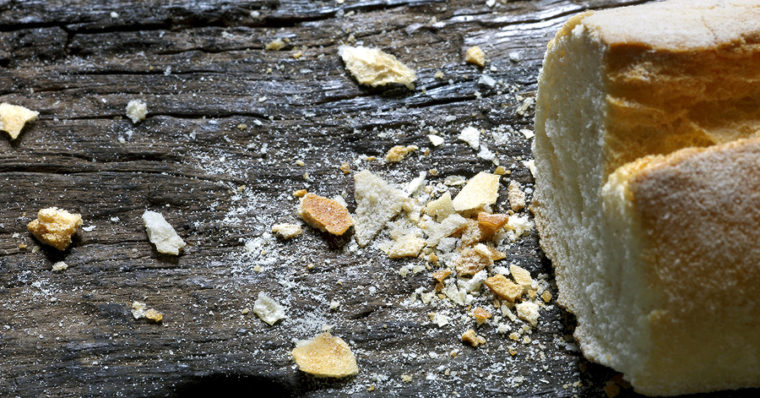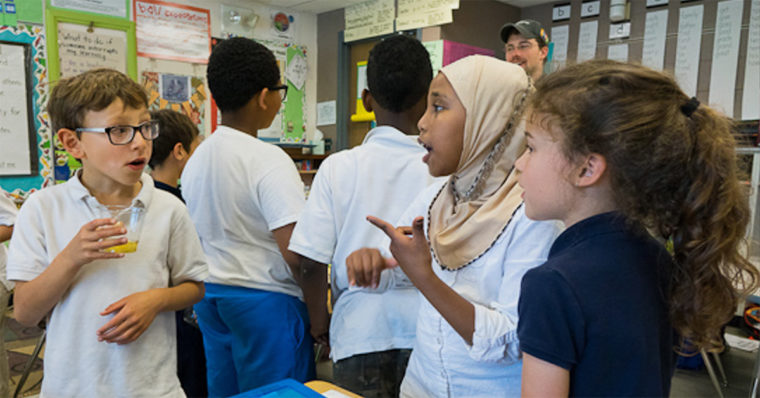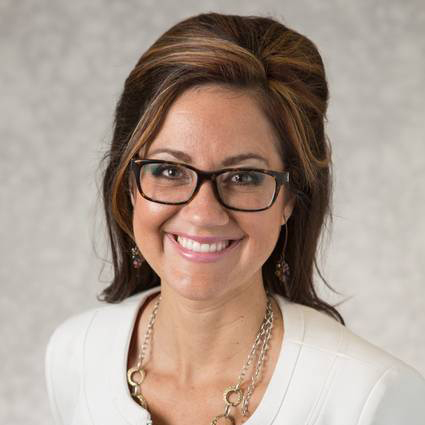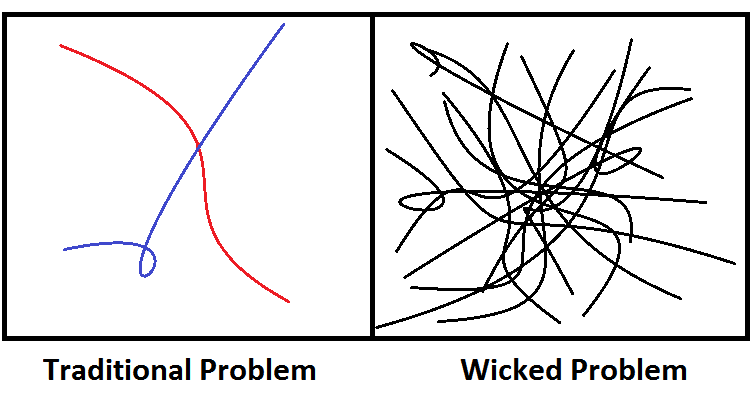This fourteenth episode of the Philosophy Bakes Bread radio show and podcast is a special new edition of the show. It’s the first of what we are calling a “Breadcrumb.” A Breadcrumb is a short, 8-15 minute episode that was cut off from a longer show, or that’s a collage of little clips. We may occasionally also record short Breadcrumb episode to have a little more time for a proper “You Tell Me” segment, in which we get to reply substantively to listener feedback. This first Breadcrumb centers on questions that Dr. Anthony Cashio really wanted to add after our interview with Dr. Jana Mohr Lone, especially about how one can get started teaching philosophy to children.

As always, you can reach out to us on Facebook @PhilosophyBakesBread and on Twitter @PhilosophyBB; email us at philosophybakesbread@gmail.com; or call and record a voicemail that we play on the show, at 859.257.1849. Philosophy Bakes Bread is a production of the Society of Philosophers in America (SOPHIA). Check us out online at PhilosophyBakesBread.com and check out SOPHIA at PhilosophersInAmerica.com.
(10 mins)
Click here for a list of all the episodes of Philosophy Bakes Bread.



Subscribe to the podcast!
We’re on iTunes and Google Play, and we’ve got a regular RSS feed too!
Notes
- In this episode, Dr. Lone mentions the story of Gyges’s Ring. It is a story that asks what you would do if you could get away with anything. She mentions a resources available to help introduce the story to children. That resource is available on the Web site of the Philosophy Learning and Teaching Organization (P.L.A.T.O.) here: http://www.plato-philosophy.org/teachertoolkit/justice-and-utopia/.
- The homepage of the Philosophy Learning and Teaching Organization (P.L.A.T.O.) is here: http://www.plato-philosophy.org/.
Connect with us!
Tell us what you think! Reach out to us and follow the show on Twitter, Facebook, by way of Email, or by commenting here below!












